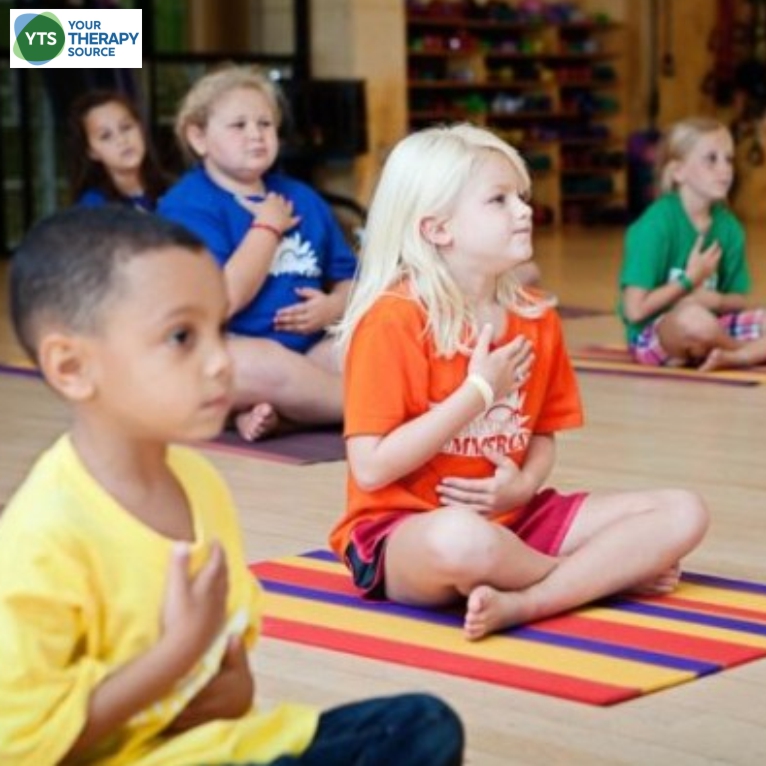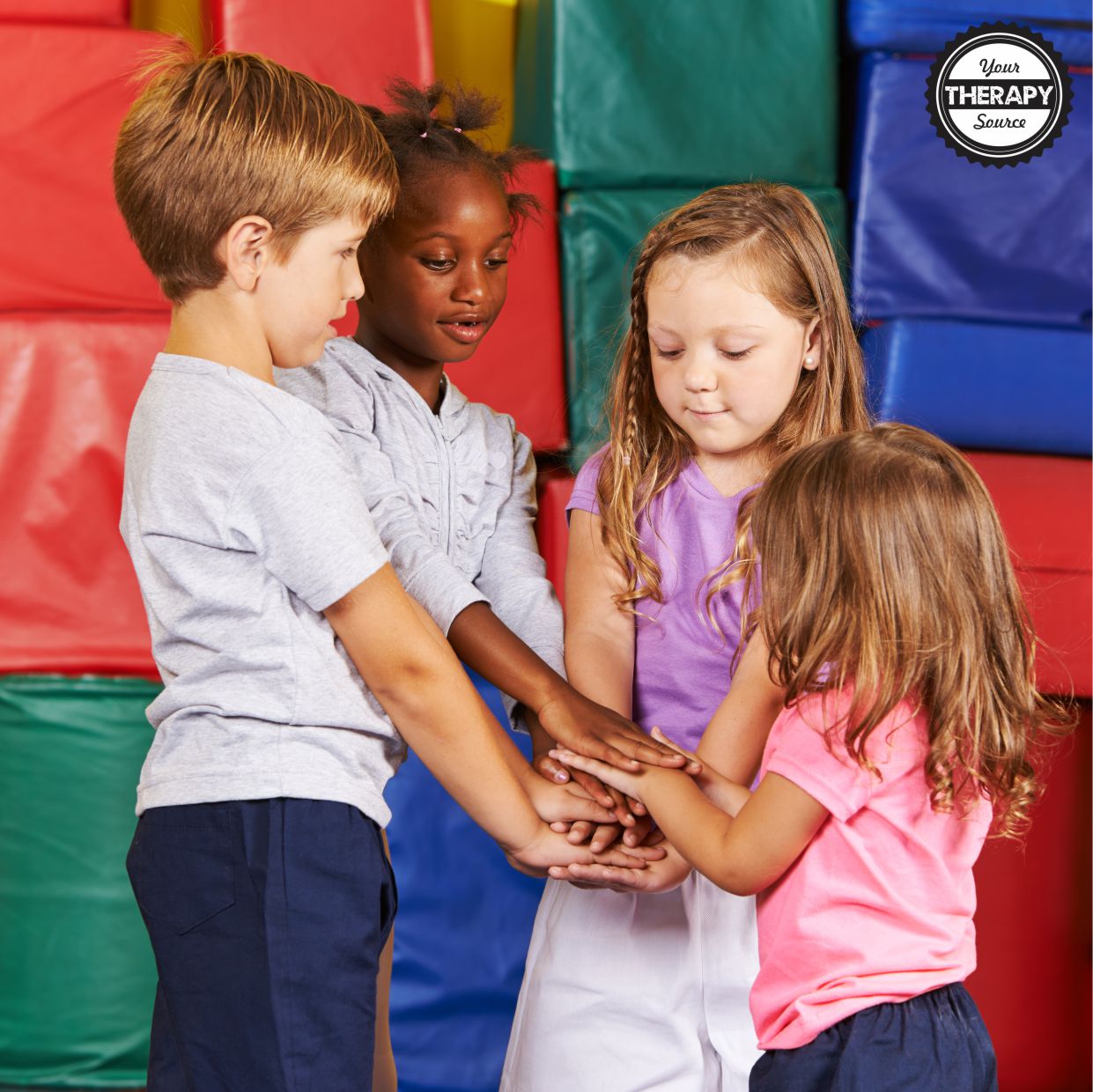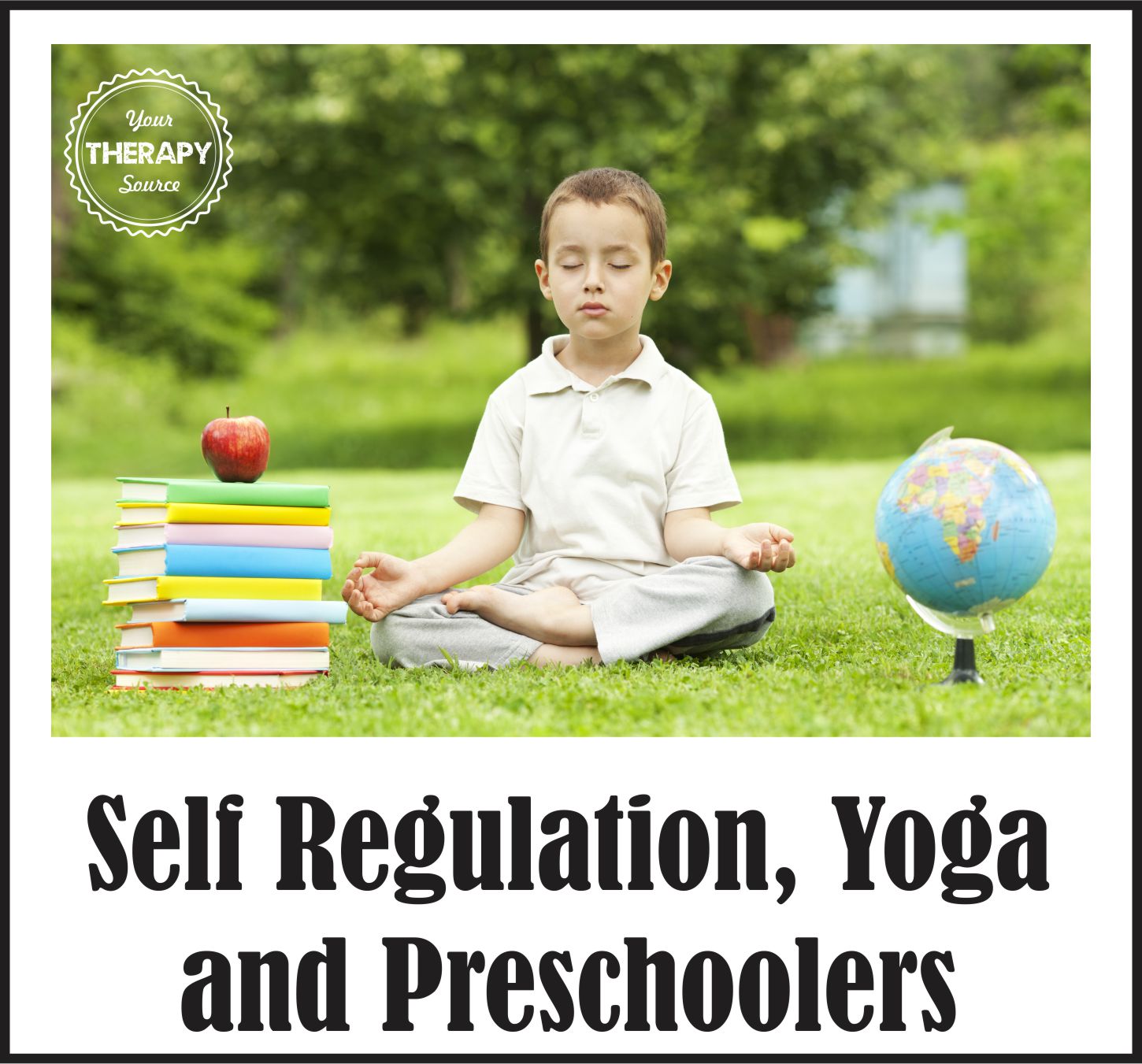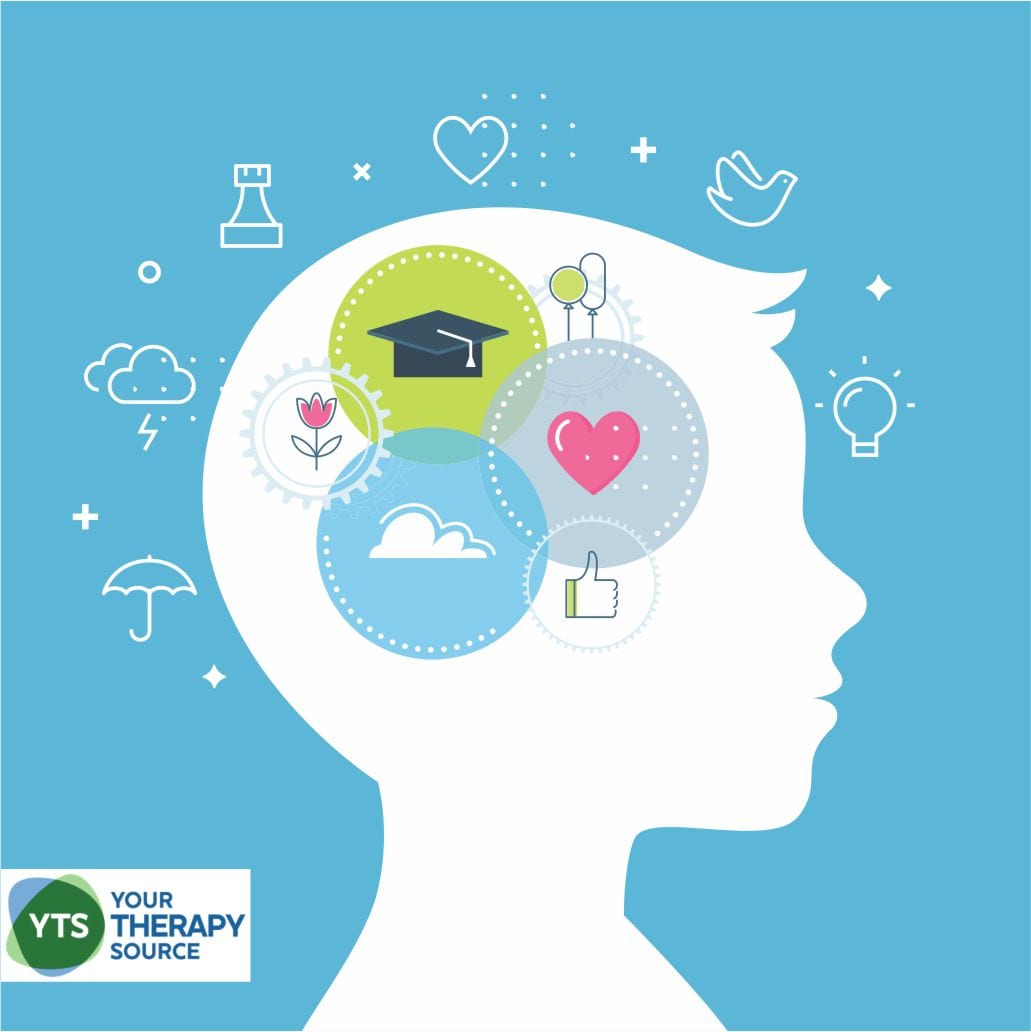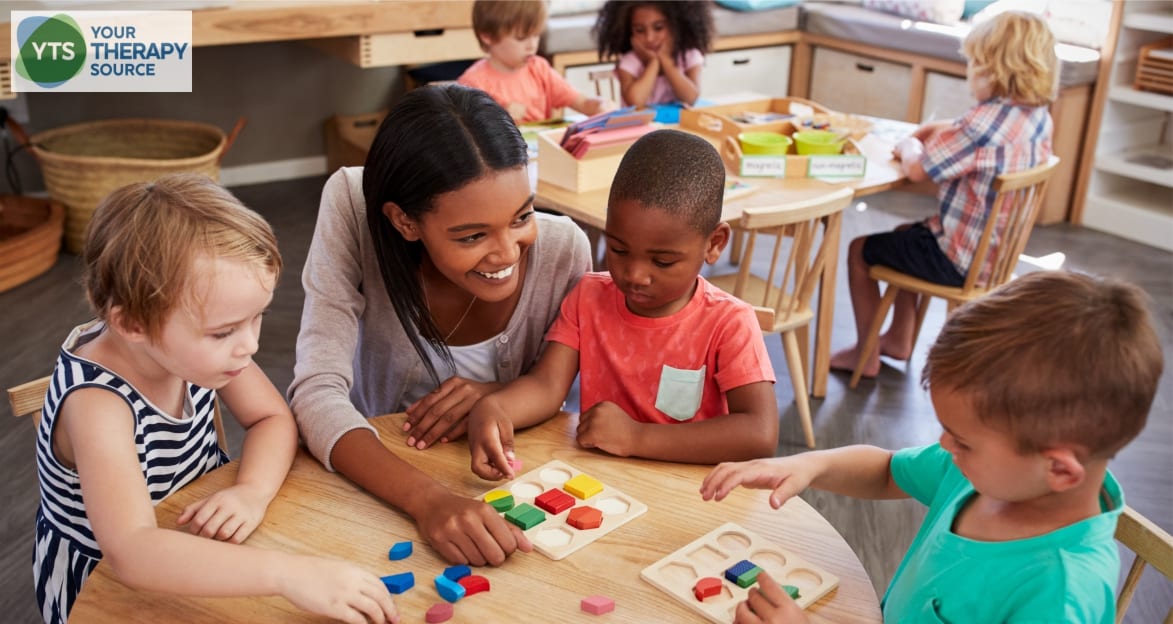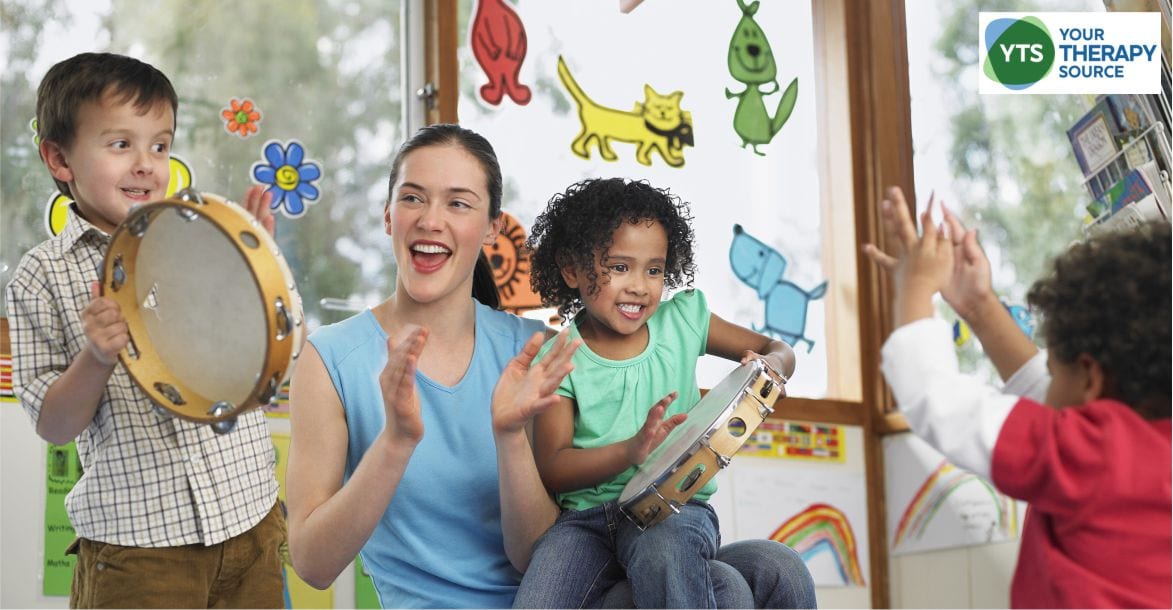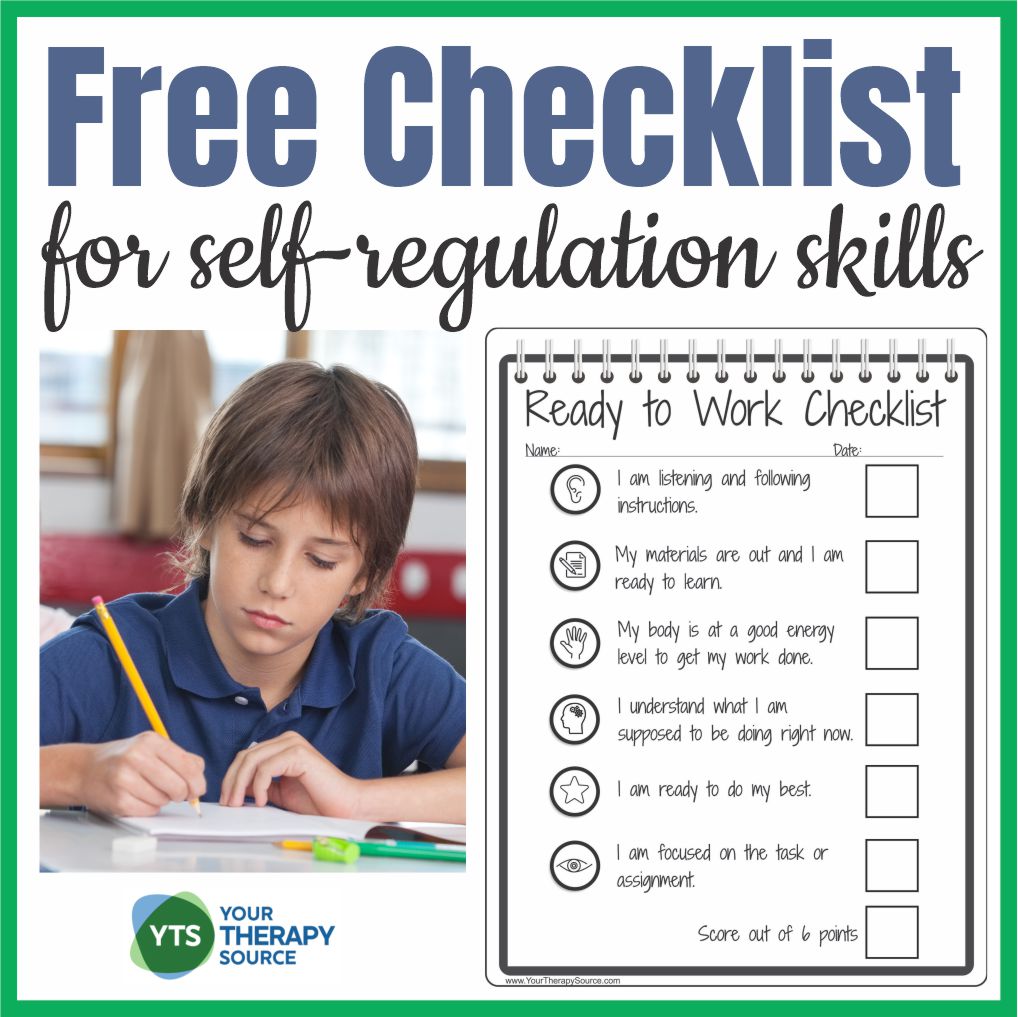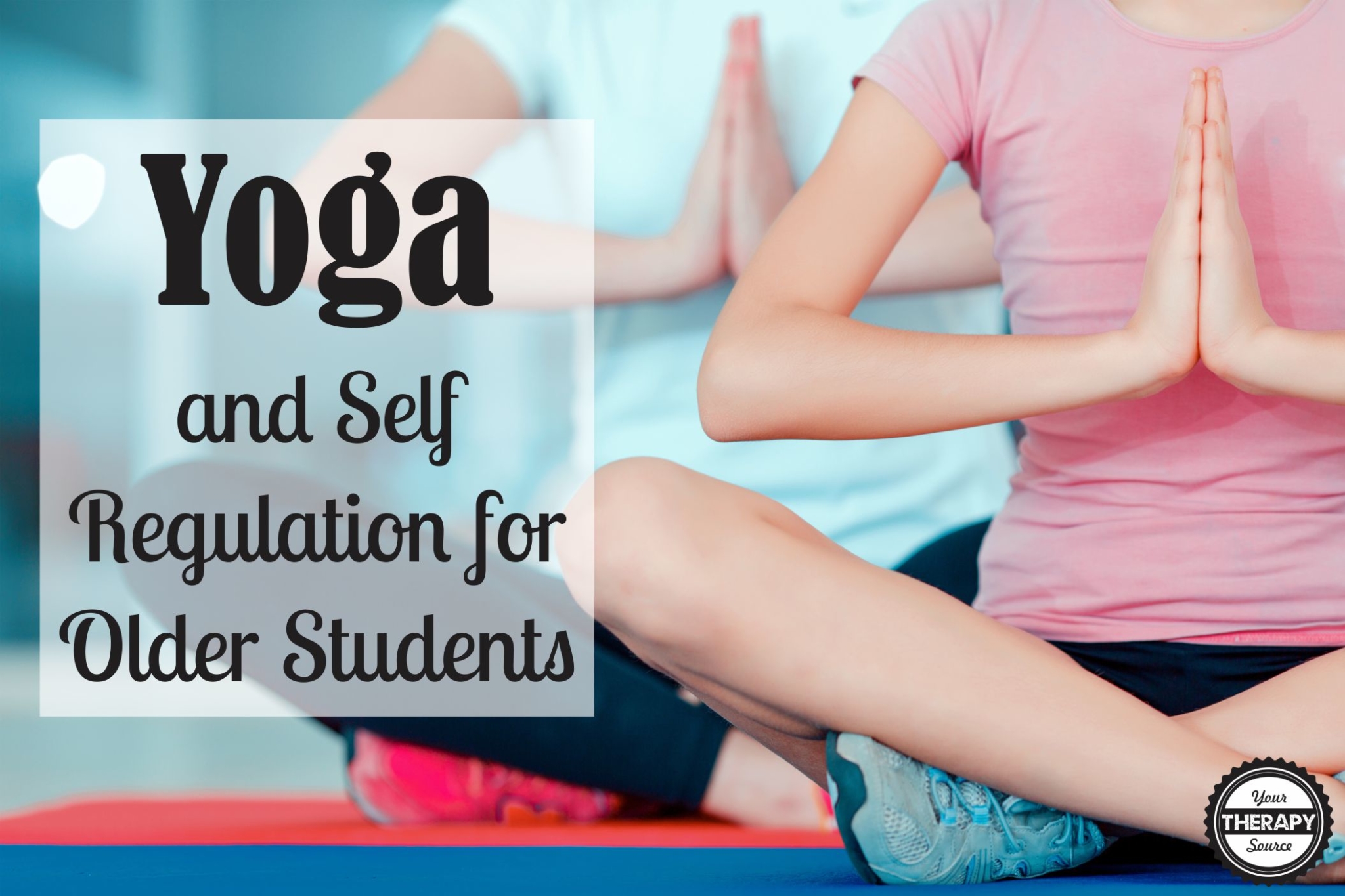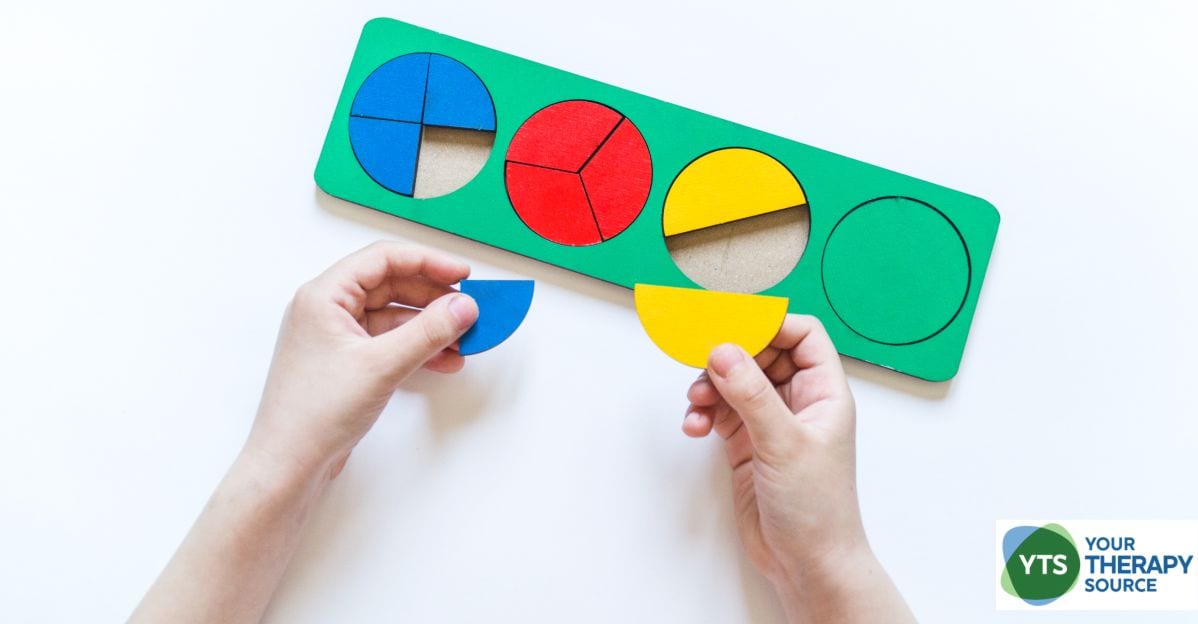What is Self-Regulation?
What is the Definition of Self-Regulation? Self-regulation is the ability to monitor and manage your energy states, emotions, thoughts, and behaviors in ways that are acceptable and produce positive results such as well-being, loving relationships, and learning. It is how we deal with stressors and as such, lays the foundation for all other activity. Developing […]

